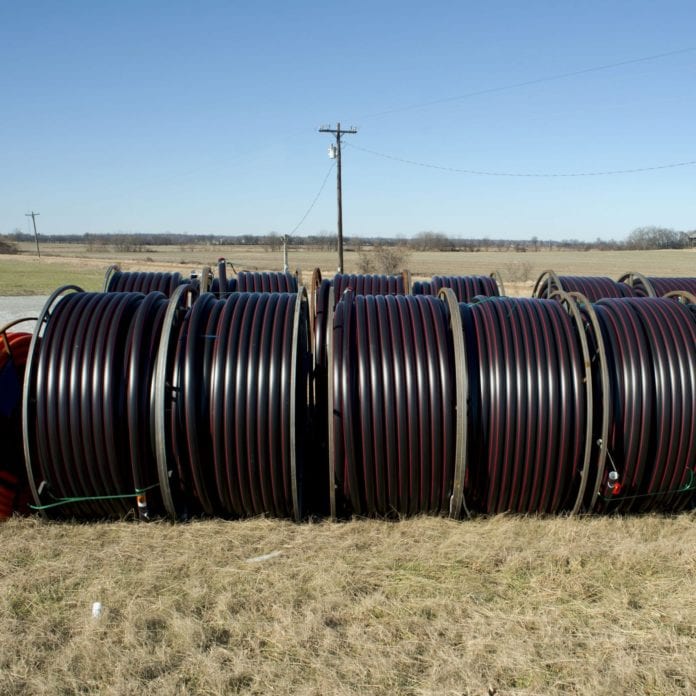Commissioner Rosenworcel calls for raising broadband speed standard
The Federal Communications Commission’s annual report on broadband deployment in 2018 concluded that broadband is being deployed in a “reasonable and timely” manner. Now it’s time for comments that will help shape next year’s report.
The FCC opened the comment period for this year’s annual inquiry into the deployment of advanced telecommunications services and will accept comments from industry and the public through Sept. 24.
The annual report has, at times, been contentious. In the Commission’s 2016 report — the last report under President Barack Obama, since no report was issued in 2017 — found broadband deployment lacking. The 2018 report blamed net neutrality regulations for a slowing of both wired and LTE network deployment; LTE networks were included in the report but considered in terms of their ability to deliver speeds of 5 Mbps, rather than the 25 Mbps minimum required of wireline broadband services.
The 2016 report found that 34 million Americans, 23 million of which were in rural areas, lacked access to internet services with 25 Mbps speeds. In the 2018 report, that figure had been reduced to 24 million Americans, with 19 million of them in rural areas.
“Since the Commission’s negative finding in the 2016 Report, the Commission acted aggressively to facilitate broadband deployment by reducing regulatory barriers to the deployment of wireline and wireless infrastructure and taking a number of other measures to improve the regulatory environment and incent deployment,” the FCC said in opening its latest inquiry. “Thus, in the 2018 Report, the Commission concluded that its policy efforts ‘are now encouraging the deployment on a reasonable and timely basis of advanced telecommunications capability.'”
Still, the Commission added: “Although the 2018 Report concluded that advanced telecommunications capability is being deployed to all Americans in a reasonable and timely fashion, the Commission also found that too many Americans remain unable to access high-speed broadband and that, absent universal deployment, we must continue our efforts to close the digital divide. … A finding that deployment of advanced telecommunications capability is reasonable and timely does not suggest that we should lessen our efforts to enable further gains in deployment.”
FCC Commissioner Jessica Rosenworcel was the only commissioner to issue an individual statement on the opening of comments for the next annual broadband deployment report.
“I fear that today’s inquiry sets the stage for an unfortunate repeat of last year’s Broadband Deployment Report,” she said. “That report found—despite clear evidence of 24 million Americans without high-speed service—that broadband deployment nationwide is both reasonable and timely. It ignored too many people in too many places struggling to access high-speed service and dealing with connectivity that falls short of what is necessary for full participation in the digital age.”
Rosenworcel went on to say that the inquiry is “insufficiently audacious” by proposing to keep the national standard for what is considered broadband speed at 25 megabits per second and urged the FCC to raise its standard.
“It is time to be bold and move the national broadband standard from 25 megabits to 100 megabits per second,” Rosenworcel said. “When you factor in price, at this speed the United States is not even close to leading the world. That is not where we should be and if in the future we want to change this we need both a more powerful goal and a plan to reach it. Our failure to commit to that course here is disappointing.”

